Cheryl Strayed’s memoir “Wild: From Lost to Found on the Pacific Crest Trail” is a raw, unfiltered account of her 1,100-mile solo hike along the Pacific Crest Trail (PCT). Published in 2012, this powerful narrative chronicles not just a physical journey through the wilderness, but an emotional odyssey through grief, self-discovery, and healing.
The catalyst for Strayed’s adventure was the devastating loss of her mother to lung cancer. This profound grief sent her life spiraling into chaos – her marriage dissolved, she experimented with heroin, and she found herself increasingly disconnected from the person she once was. In a moment of desperate clarity at REI, staring at a PCT guidebook, Strayed made the impulsive decision to hike a significant portion of the trail despite having no backpacking experience.
What makes “Wild” so compelling is Strayed’s unflinching honesty about her unpreparedness. Her backpack (nicknamed “Monster”) was comically heavy, her boots painfully too small, and her knowledge of wilderness survival questionable at best. These physical challenges mirror her emotional state – overburdened, ill-equipped, and struggling to move forward. Yet it’s precisely this vulnerability that makes her journey so relatable and inspiring.
Throughout the trail, Strayed encounters various characters who briefly intersect with her solitary journey. From experienced hikers who offer guidance to strangers who provide unexpected kindness, these encounters highlight the community that exists even in solitude. Particularly poignant are her interactions with other women, rare on the trail, who recognize the unique courage it takes to venture alone into the wilderness as a female.
The physical transformation Strayed undergoes on the trail is remarkable – losing toenails, developing calluses and muscles, and learning to survive with minimal possessions. But the internal transformation is even more profound. On the trail, she confronts memories of her mother, her failed marriage, her absent father, and her own choices. The physical act of walking day after day becomes meditative, allowing her to process her grief and gradually reconnect with herself.
“Wild” powerfully captures how solitude in nature can restore something essential that modern life often obscures. Without distractions or the constant noise of everyday life, Strayed is forced to sit with her thoughts, her pain, and ultimately, her strength. The memoir serves as a reminder that sometimes we need to strip away everything familiar to discover what truly matters and who we really are.
Perhaps the most universal aspect of “Wild” is its exploration of resilience. Strayed repeatedly pushes through seemingly insurmountable challenges – physical pain, fear, doubt, and loneliness. Her mantra becomes “the only way out is through,” a philosophy applicable to both wilderness hiking and navigating grief. By the time she reaches the Bridge of the Gods, marking the end of her journey, she has not “solved” her grief or perfected herself, but she has reclaimed her strength and found peace with her past.
Strayed’s writing style enhances the power of her story. Her prose is direct yet lyrical, with moments of profound insight emerging organically from her experiences on the trail. Her ability to connect specific memories to the landscapes she traverses creates a rich tapestry of past and present, interior and exterior journeys unfolding simultaneously.
The lasting appeal of “Wild” lies in its message that healing doesn’t come from escaping our problems but from walking directly through them, one step at a time. It reminds us that we are capable of more than we imagine, that our burdens can become our strengths, and that sometimes the most important journey we can take is the one that leads us back to ourselves.


